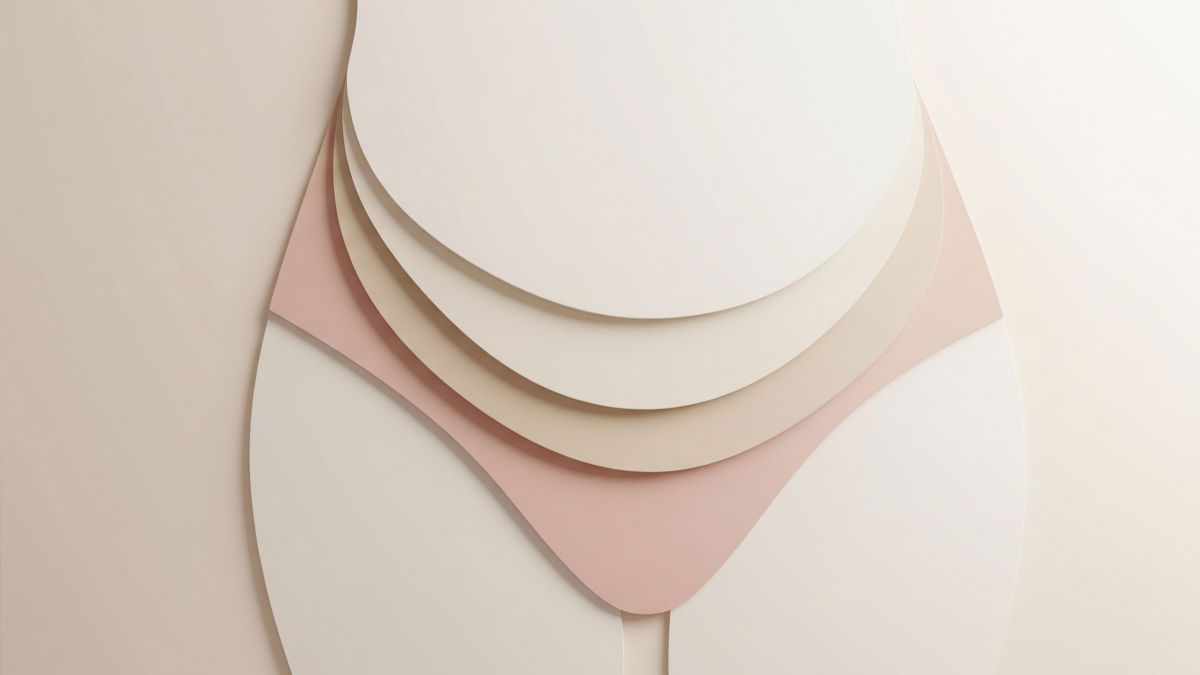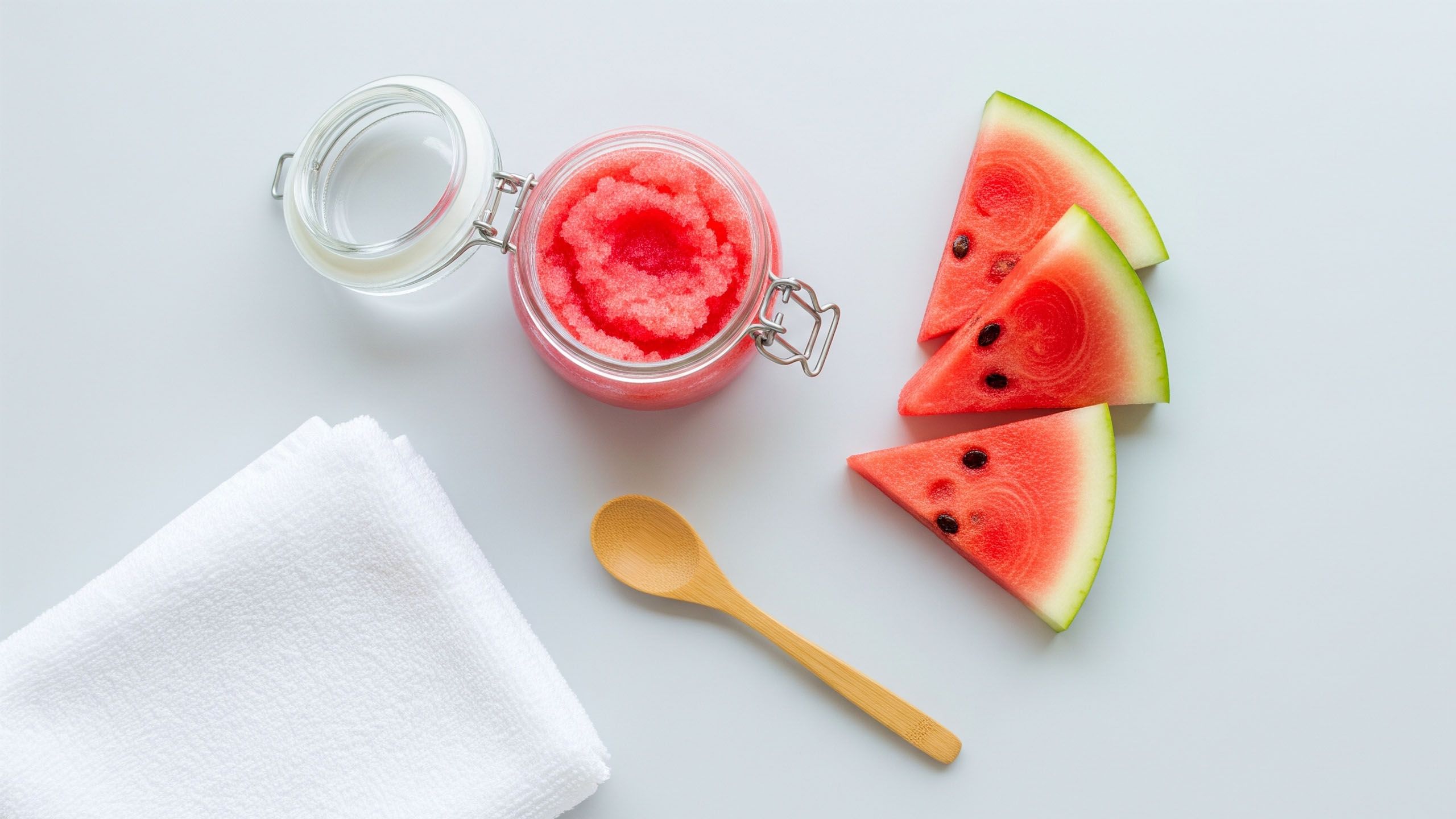A Practical Guide to Skincare for the Vulva

Nurturing Your Most Delicate Skin with Simple, Effective Care
We dedicate time and attention to skincare routines for our faces, but what about our most intimate areas? The skin of the vulva is unique and requires a different approach than the rest of our body. Understanding its specific needs is the first step toward maintaining comfort and health. This guide offers straightforward, practical advice for vulvar skincare, focusing on gentle habits that support your body's natural balance.
Understanding the Anatomy: Vulva vs. Vagina
First, it’s important to clarify the terminology. The vagina is the internal muscular canal. The vulva refers to the external female genitals, which include the inner and outer labia, the clitoris, and the opening to the vagina. Skincare practices should be focused exclusively on the vulva. The vagina is self-cleaning and introducing soaps or other products internally can disrupt its delicate pH and microbial environment, potentially leading to irritation or infection.
The Core Principle: Less Is More
The skin of the vulva is thinner and more sensitive than skin on other parts of your body. It is also a moist environment, which can make it more susceptible to irritation. For these reasons, the most effective approach to vulvar skincare is a minimalist one. The goal is not to sterilize or perfume the area, but to gently cleanse and protect it without causing disruption.
A Step-by-Step Guide to Gentle Cleansing
1. Choose Your Cleanser Wisely (Or Not at All) For most individuals, rinsing the vulva with warm water daily is sufficient. The vulva, like the vagina, has a natural, healthy scent that does not need to be masked by fragrances. If you prefer to use a cleanser, choose one that is:
-
pH-balanced: Look for products specifically formulated for intimate use that match the natural acidic pH of the vulva.
-
Fragrance-free: Added perfumes are a leading cause of contact dermatitis and irritation.
-
Hypoallergenic: Free from common allergens, dyes, and harsh chemicals like sulfates.
2. Use Your Hands, Not a Washcloth Loofahs and washcloths can be abrasive to the delicate skin of the vulva. They can also harbor bacteria, introducing unwanted microbes to a sensitive area. The best tools are your clean hands. Apply a small amount of cleanser (if using) or water and gently wash the external area.
3. Pat, Don't Rub After washing, gently pat the area dry with a soft, clean towel. Aggressive rubbing can cause chafing and irritation. Ensure the area is completely dry before getting dressed to prevent moisture from being trapped.
Moisturizing: When and How
Moisturizing the vulva is not necessary for everyone. However, it can be very beneficial for those experiencing dryness due to hormonal changes (such as menopause or postpartum), friction, or certain skin conditions.
-
What to Use: Opt for simple, single-ingredient moisturizers that are free of fragrances, preservatives, and botanicals that could cause a reaction. Good options include:
-
Plain petroleum jelly
-
Coconut oil (unrefined, organic)
-
Natural, unscented emollients
-
-
What to Avoid: Do not use facial or body lotions on the vulva. These often contain alcohol, fragrances, retinoids, or acids that are far too harsh for this delicate skin.
-
How to Apply: Use a very small amount and apply it only to the external labia, avoiding the vaginal opening.
Everyday Habits for Vulvar Health
Beyond washing, several daily habits contribute to the health of your vulvar skin.
-
Choose Breathable Fabrics: Cotton underwear is ideal as it allows air to circulate and wicks away moisture. Synthetic fabrics like nylon and spandex can trap heat and moisture, creating an environment where yeast and bacteria can thrive.
-
Mind Your Laundry: Wash underwear in a hypoallergenic, fragrance-free detergent. Avoid using fabric softeners or dryer sheets for your undergarments, as they can leave behind a residue of irritating chemicals.
-
Change Promptly: Do not linger in wet swimsuits or sweaty workout clothes. Changing into dry, clean clothing quickly helps prevent irritation and infection.
-
Proper Wiping Technique: After using the toilet, always wipe from front to back to prevent the transfer of bacteria from the anal region to the vulva and urethra.
- Air Out Your Vulva: Give your vulva the freedom to breathe. Whenever possible, enjoy some nude time at home to reduce moisture and irritation. Go underwear-free when wearing dresses or skirts, and consider sleeping nude to keep the skin healthy and comfortable.
| Do's (Practices to Adopt) | Don'ts (Practices to Avoid) |
|---|---|
| ✅ Use warm water or a pH-balanced, fragrance-free cleanser. | ❌ Use harsh soaps, scented products, or body washes. |
| ✅ Gently pat the area dry with a clean, soft towel. | ❌ Rub aggressively with an abrasive towel or loofah. |
| ✅ Wear breathable cotton underwear. | ❌ Wear tight-fitting, synthetic fabrics for long periods. |
| ✅ Use simple, fragrance-free emollients for dryness if needed. | ❌ Apply regular body lotions or fragranced creams. |
| ✅ Change out of wet or sweaty clothes promptly. | ❌ Douching or using internal "cleansing" products. |
What to Avoid Completely
To maintain a healthy vulva, it is crucial to avoid certain products and practices:
-
Douching: Never wash inside the vagina. Douching flushes out the good bacteria, disrupts the natural pH, and can increase the risk of infections.
-
"Feminine Hygiene" Sprays & Deodorants: These products are unnecessary and often contain chemicals and propellants that can cause significant irritation.
-
Scented Pads, Tampons, and Wipes: Fragrances and chemicals in these products can lead to allergic reactions and irritation. Opt for unscented varieties.
When to Consult a Healthcare Professional
While proper skincare can prevent many issues, it is not a substitute for medical advice. You should consult a doctor or gynecologist if you experience any of the following persistent symptoms:
-
Itching, burning, or stinging
-
Unusual or foul-smelling discharge
-
Sores, blisters, bumps, or rashes
-
Pain during urination or intercourse
-
Any noticeable change in skin color or texture
By adopting a simple, gentle approach, you can effectively care for your most sensitive skin, promoting comfort and long-term health.
Disclaimer: The articles and information provided by the Vagina Institute are for informational and educational purposes only. This content is not intended to be a substitute for professional medical advice, diagnosis, or treatment. Always seek the advice of your physician or another qualified health provider with any questions you may have regarding a medical condition.


 English
English  Deutsch
Deutsch  Español
Español  Français
Français 


